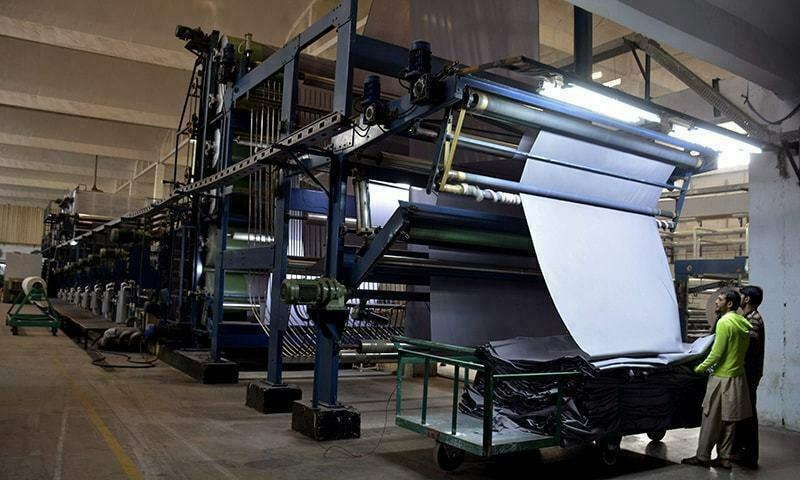The Textiles and Apparel Policy, spanning from 2020 to 2025 and curated by the Ministry of Commerce, stands as a comprehensive blueprint for propelling Pakistan's dynamic textile sector. Representing around 60% of the nation's total exports, the textile industry is a linchpin in the economic framework. In this blog, we will delve into the nuanced strategies outlined in the policy and explore how Zaraye, a pioneering B2B platform, is actively driving and supporting the realization of these objectives.
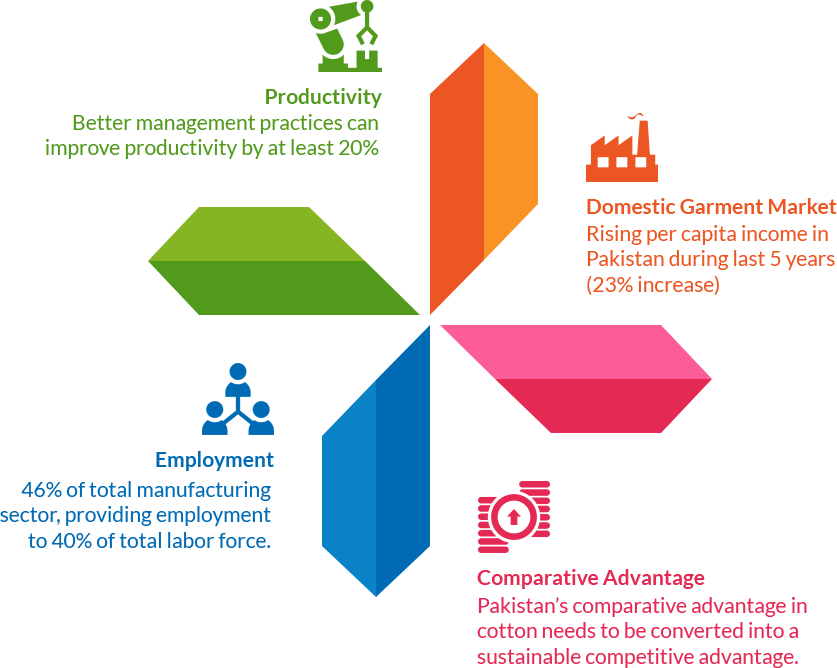
Capacity Building
The policy's focus on technology up-gradation is a critical decision for staying competitive in the global market. To complement this, a comprehensive review of the Long-Term Financing Facility (LTFF) schemes by the State Bank of Pakistan (SBP) should include indirect exporters. Furthermore, incorporating construction financing for the apparel and made-up sectors, along with additional project limits, will be instrumental. International collaboration with donors for knowledge and technology transfer is an avenue to explore.
Explore Products and Quotes by Requesting a Quote
Infrastructure Development
Establishing state-of-the-art infrastructure is pivotal for reducing manufacturing costs. Beyond electricity and steam generation systems, integrating combined effluent treatment and water recycling plants can significantly impact operational costs. Additionally, revitalizing key industrial parks, granting Special Economic Zone (SEZ) status, and developing new garment cities for SMEs in strategic locations like Sialkot, Sahiwal, Multan, and Hyderabad will further enhance the industry's appeal to foreign investors.
Support for SMEs
Recognizing SMEs as pivotal contributors requires measures tailored to their needs. Allowing back-to-back Letter of Credits (LCs) is a substantial step to boost value-added exports and provide a launching pad for SMEs. This inclusive approach ensures that the benefits of policy interventions are distributed across the entire industry spectrum.
Marketing Initiatives
A robust exhibition plan, in consultation with private stakeholders, ensures effective representation in global markets. Continued support for virtual exhibitions is a forward-looking approach, considering the evolving landscape. Developing an E-Commerce Facilitation Portal for SMEs to digitally showcase products on an international scale adds another layer to marketing initiatives, fostering global visibility.
Integration in Global Value Chains
Identifying measures for the industry's participation in Global Value Chains (GVC) involves a multifaceted approach. This includes regulatory frameworks for business services, investment, taxation, tariff rationalization, industrial development, logistics, trade facilitation, infrastructure building, labour market mobility, vocational training, and adherence to international standards.
Domestic Commerce
Addressing challenges in domestic commerce, such as high imports of used clothing, requires a phased approach. Gradual placement of used clothing in the red channel, coupled with strengthened domestic commerce initiatives in logistics, warehousing, storage, networking, and e-commerce, ensures protection for the manufacturing sector.
Regulatory Regime and International Compliances
Overhauling the regulatory regime to align with international standards is crucial. A comprehensive stock-taking exercise, in consultation with industry associations, should inform changes to adapt international best practices. Launching a compliance program for SMEs and facilitating the establishment of compliance setups further ensures alignment with global norms.
Technical Textiles and Fourth Generation Textiles
Encouraging research and development in technical textiles, and incorporating them into Duty Drawback of Taxes Levies (DLTL) and Duty Drawback on Exports (DDT) schemes, can spur innovation. Establishing a focus group with academia and manufacturers to usher in the Fourth Generation Industrial Revolution in textiles adds a futuristic dimension to the industry.
Research and Product Development
Collaborating with universities for research and education, establishing a research and product development fund, accrediting testing laboratories, and devising product standards across the value chain is integral to promoting innovation, diversifying product mix, and introducing high-value-added products.
Integration in Global Value Chains
Zaraye's role in connecting manufacturers and suppliers nationwide is instrumental in integrating the industry into global value chains. By streamlining the sourcing process, Zaraye facilitates participation in international trade, fostering economic growth, and positioning Pakistan's textile industry as a key player in the global market.
E-Commerce and Market Access
The policy's emphasis on e-commerce builds resonance in Zaraye's mission to digitize and streamline sourcing procedures. The platform's engagement with the international market opens new business avenues for the textile industry. Zaraye actively supports SMEs to leverage benefits under the E-Commerce Policy, focusing on B2B online export models.
The Textiles and Apparel Policy, 2020-25, emerges as a transformative document, guiding the Pakistani textile industry towards a future marked by growth and sustainability. Zaraye, as a dynamic B2B platform, stands as a linchpin in supporting these strategies by providing a seamless, digitalized sourcing process for the industry.
As the textile industry continues to play a pivotal role in Pakistan's economic landscape, initiatives like the Textiles and Apparel Policy, combined with the support of platforms like Zaraye, promise a future of innovation, efficiency, and global competitiveness for the nation's textile sector.
Zaraye, in this context, is not merely a platform; it is a catalyst for transformation in the textile industry, driving progress, efficiency, and growth in tandem with the visionary goals set by the Ministry of Commerce. As we witness the textile industry evolving, Zaraye stands as a beacon of change, redefining how industries source their raw materials and contributing to the realization of a more robust and dynamic textile sector in Pakistan.



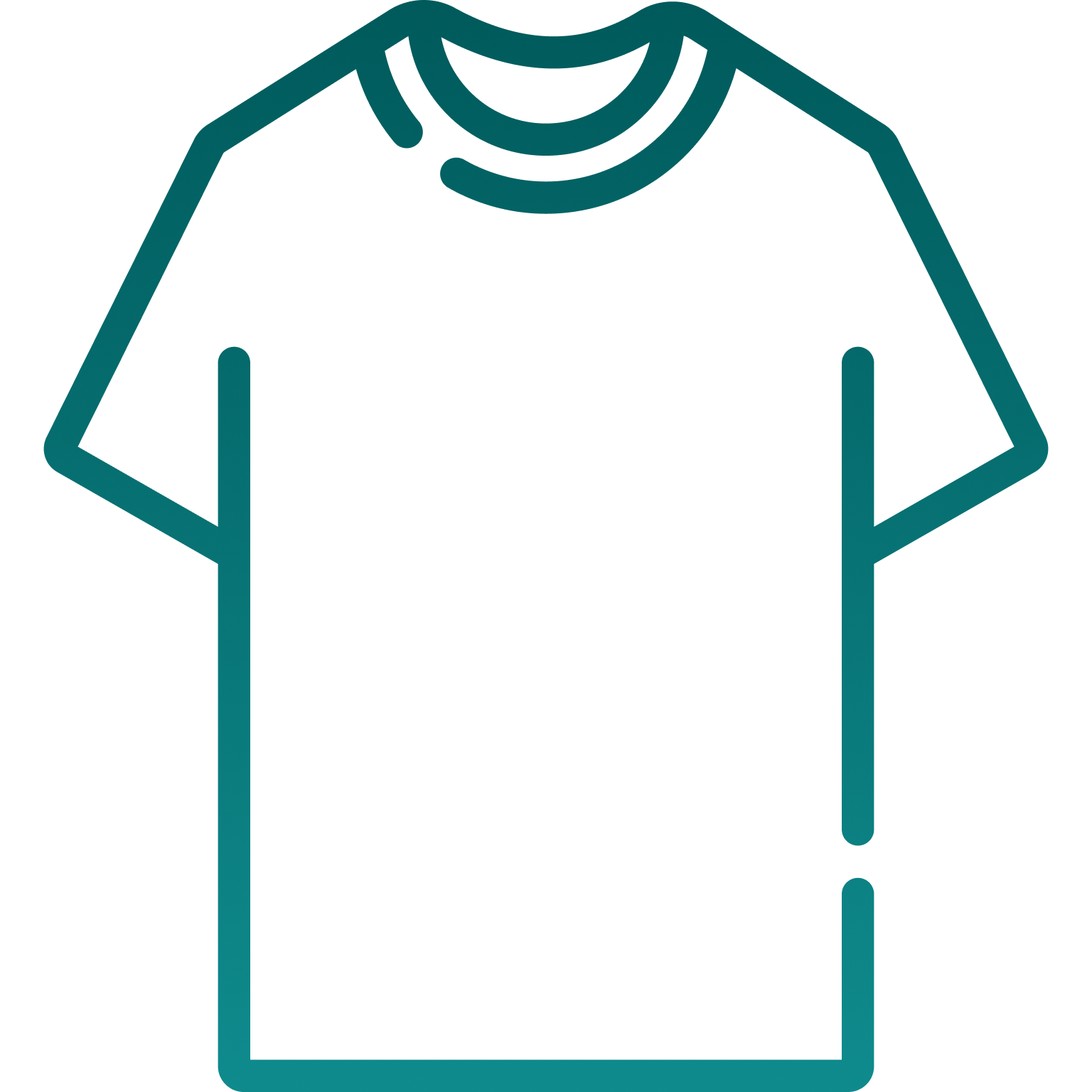

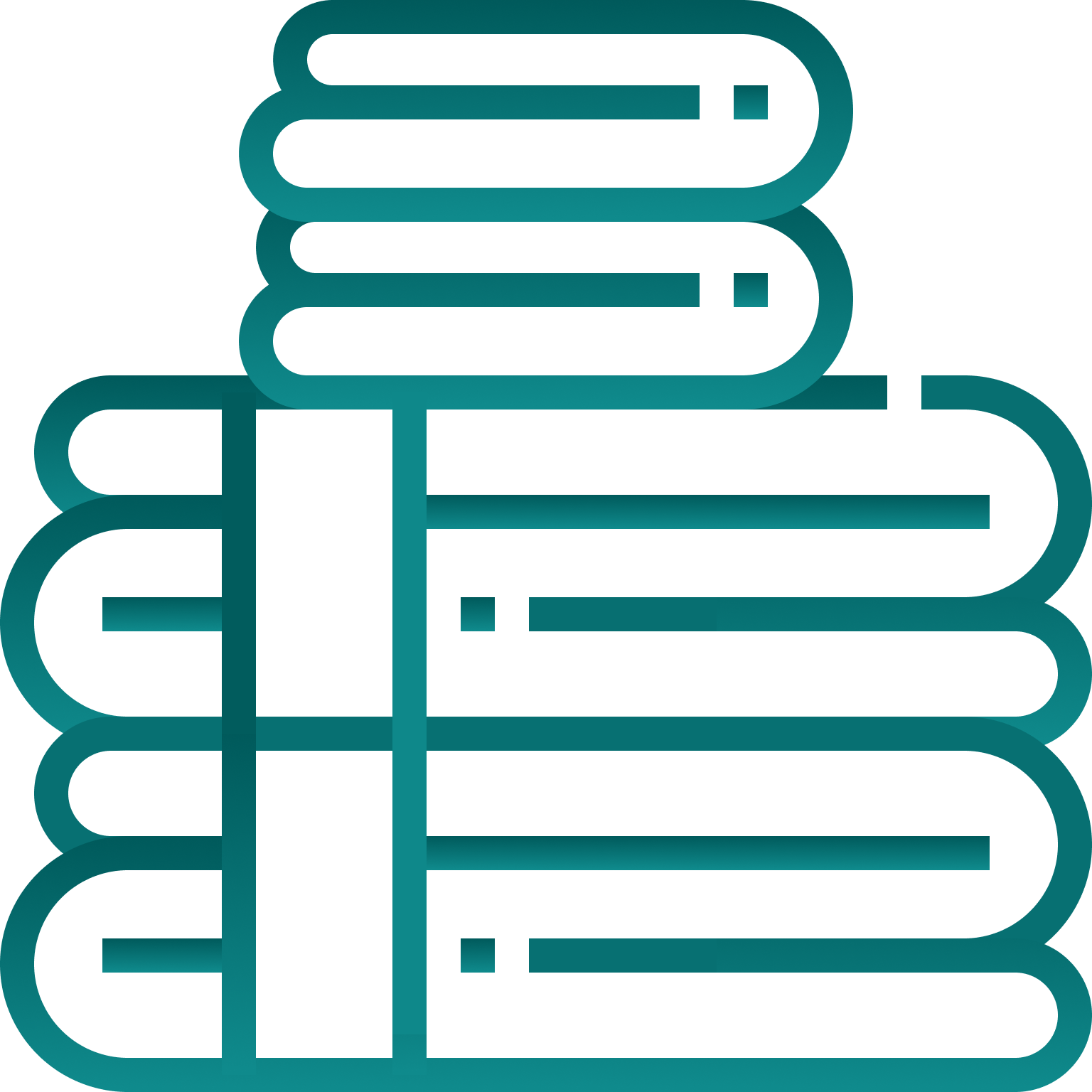
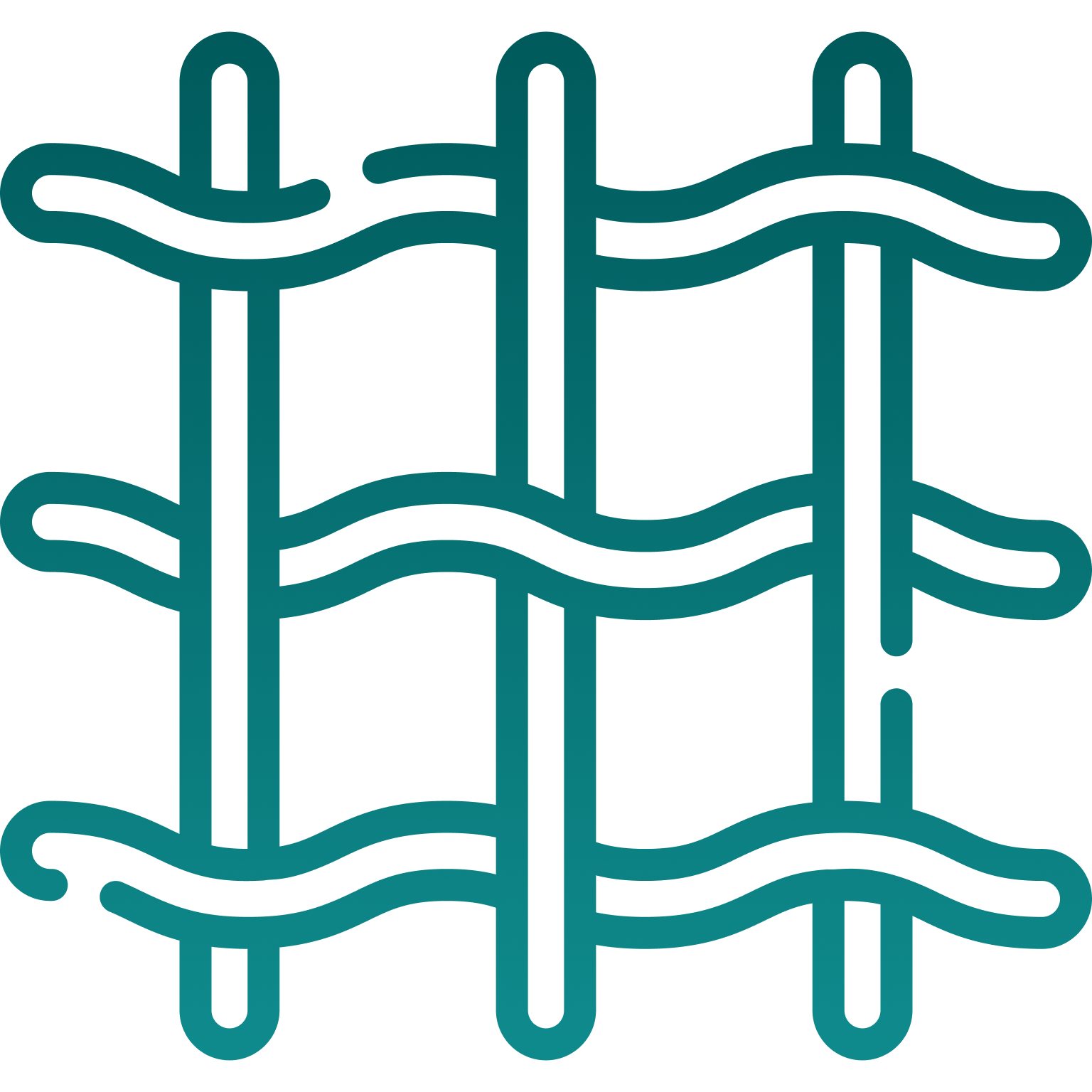

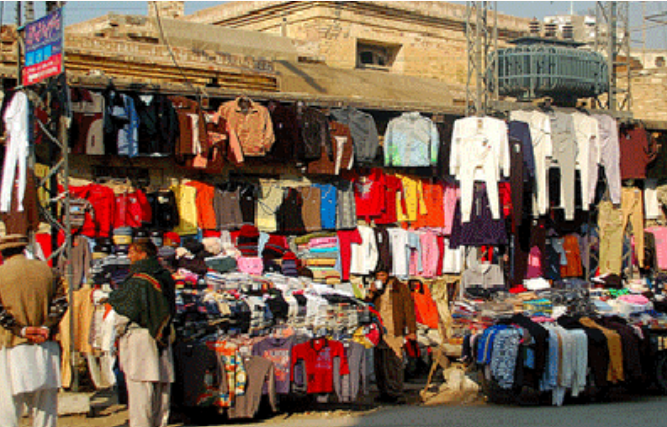




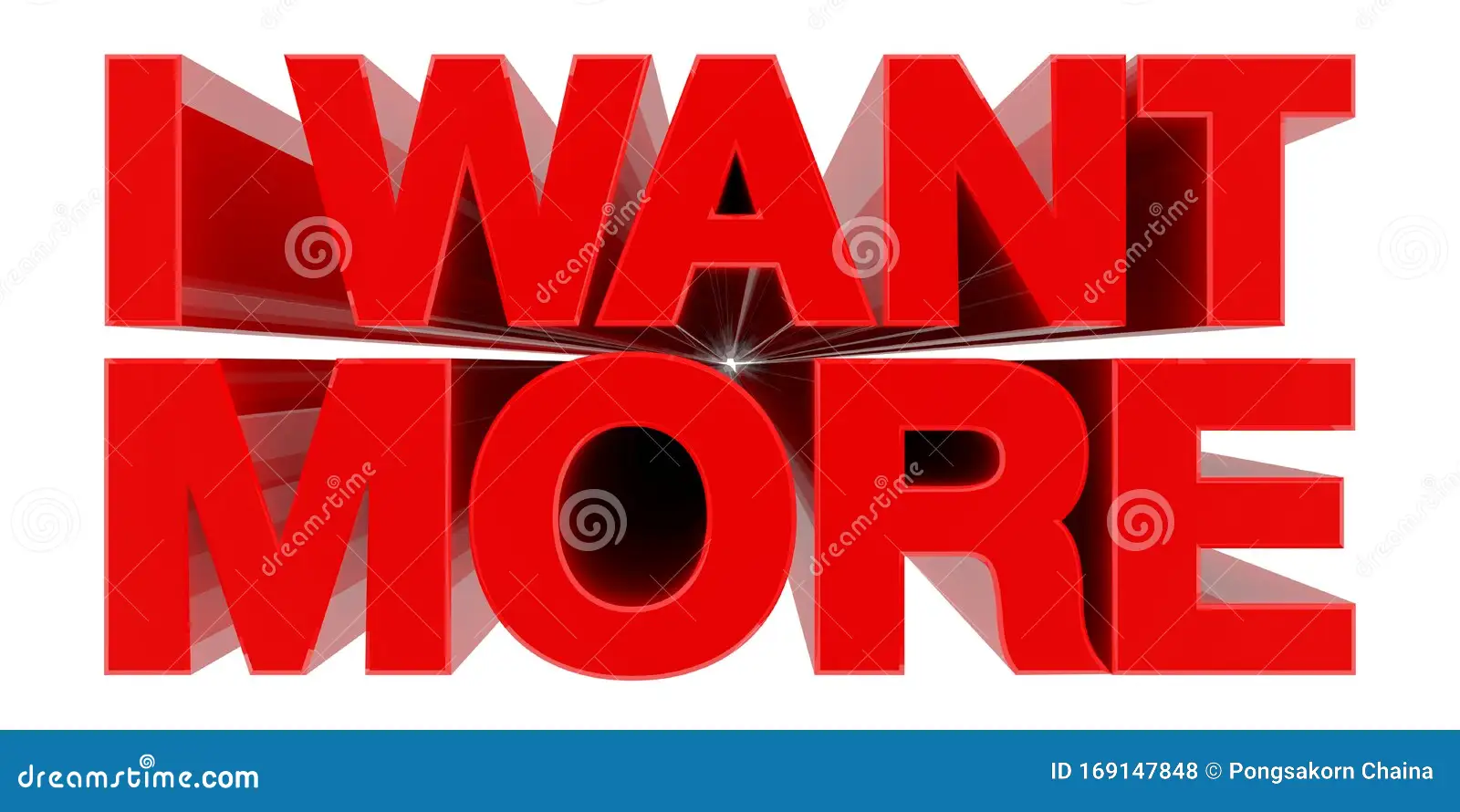
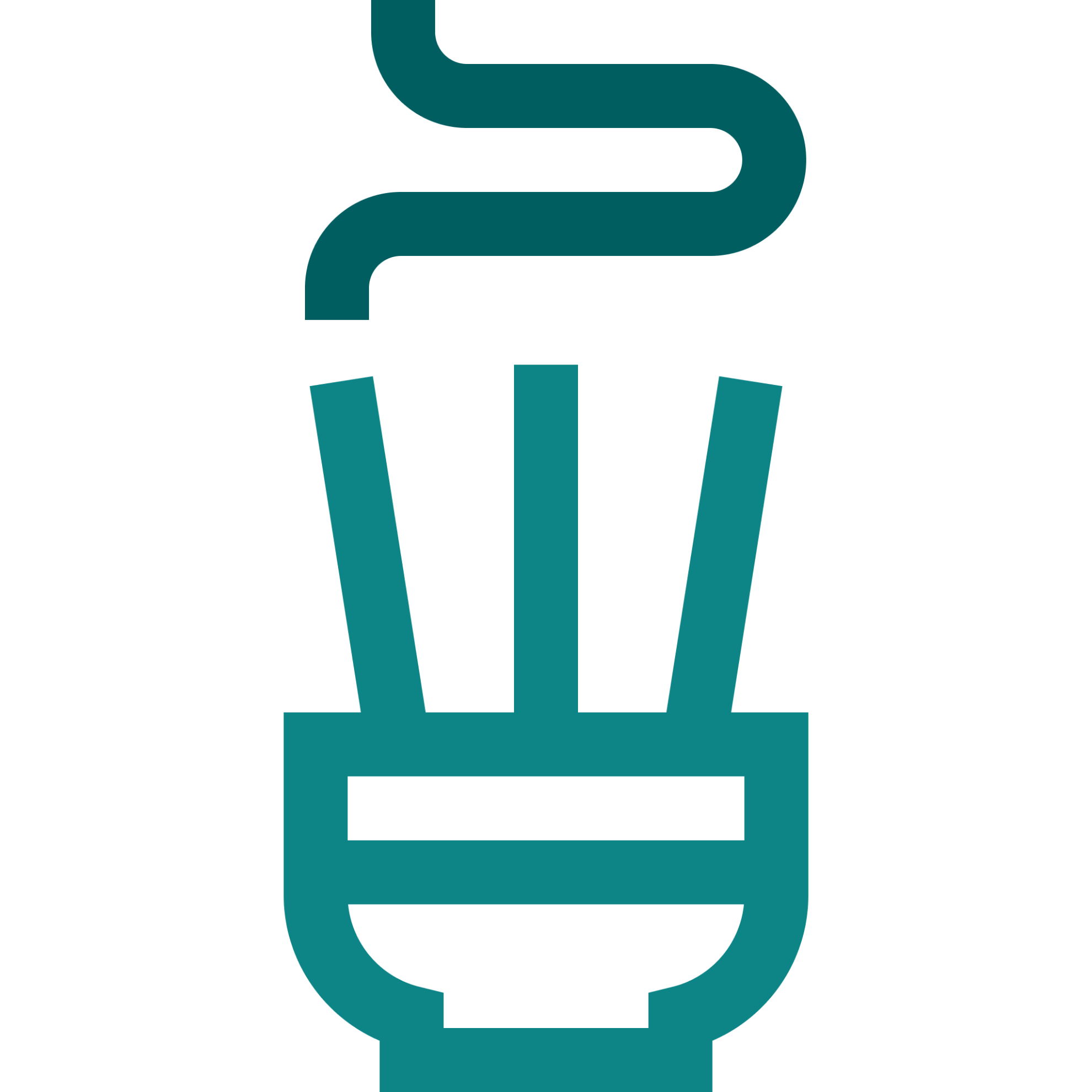
.png)


